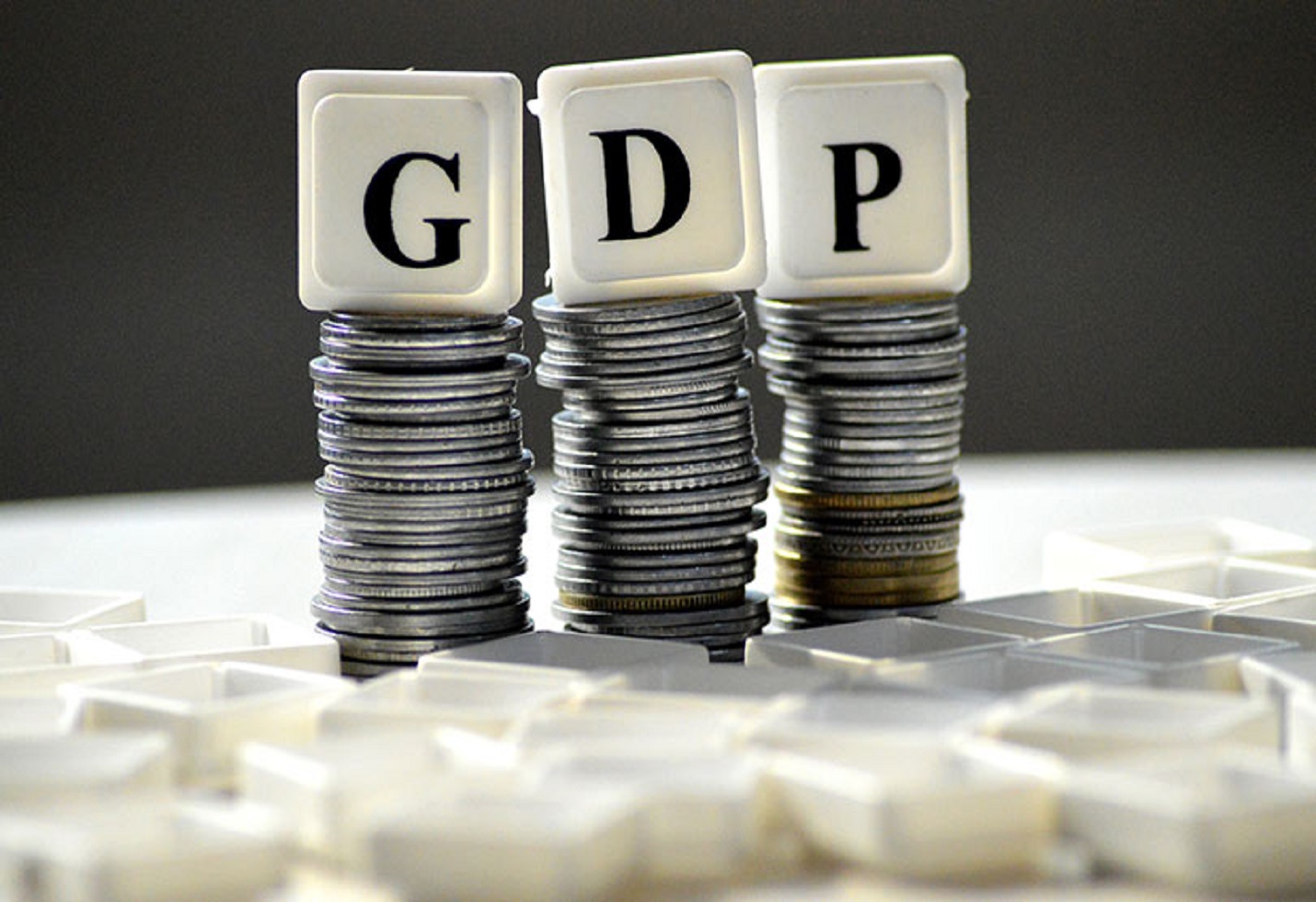NATO Eases Defence Spending Demand Following Spain’s Objection to 5% GDP Commitment
NATO recently softened its proposed military spending framework after Spain firmly opposed the initial plan. Originally, the alliance suggested that member nations contribute 5% of their Gross Domestic Product (GDP) toward defence by 2035. Spain’s strong resistance led NATO to revise its approach and introduce a more adaptable system that accommodates varying national budgets.
Spain Challenges the Proposed Spending
Spain quickly rejected the proposed defence target. Prime Minister Pedro Sánchez argued that dedicating 5% of Spain’s GDP to military spending would put excessive pressure on public funds, threatening vital services such as healthcare, education, and welfare.
At this time, Spain allocates around 1.24% to 1.3% of its GDP to defence-related efforts. The Spanish government plans to raise this to 2.1% by 2025 but has made it clear that spending will not increase beyond that point. Sánchez emphasized that maintaining strong public welfare systems takes precedence over boosting military budgets.
NATO Provides Flexible Terms
Responding to Spain’s firm stance, NATO adjusted its agreement to offer member nations more spending freedom. The alliance changed the wording from “we commit” to “allies commit,” giving each country the ability to set its own defence spending targets.
This new arrangement allows Spain to follow its chosen defence investment pace while still contributing to NATO’s broader goals. NATO Secretary-General Mark Rutte also assured Spain in writing that it can continue on its planned budget path, provided it meets the defence capability expectations set by the alliance.
Spain Celebrates the Agreement
Prime Minister Sánchez welcomed the updated terms, describing them as a diplomatic achievement for Spain. He confirmed that the country will stick to its plan to gradually raise military spending to 2.1% of GDP, while actively supporting NATO’s security objectives. Sánchez also stressed that Spain’s focus on social welfare will remain unchanged.
The decision has been well received domestically, where public sentiment strongly supports the protection of essential social programs over significant increases in defence spending.
Broader Implications for NATO Members
Spain’s successful negotiation may influence other NATO countries that currently spend less on defence. Nations such as Italy, Belgium, Portugal, and Canada, which are also below the traditional 2% guideline, might now seek similar flexibility in their commitments.
Although some defence specialists worry that allowing exceptions could weaken NATO’s overall strength, alliance leaders argue that a flexible approach is essential to preserve cooperation among nations with varying economic pressures.
Key Moment for NATO’s Strategy
This adjustment arrives at a crucial time as NATO prepares for its summit in The Hague. The alliance aims to present a strong, unified stance while managing continuing security issues, including the ongoing conflict between Russia and Ukraine.
Concerns remain that internal disagreements over military budgets could harm NATO’s global image, especially after repeated criticism from former U.S. President Donald Trump regarding European defence contributions. By accepting Spain’s position, NATO has successfully prevented open disputes and maintained alliance harmony.
Scheduled Mid-Term Review in 2029
NATO’s revised framework includes a mid-term review set for 2029 to evaluate progress toward defence spending goals. This will provide an opportunity for each country to reassess its commitments based on evolving security needs.
Spain and other members will be able to revisit their defence strategies during the review, ensuring future flexibility depending on changing global circumstances.
Conclusion: NATO Prioritizes Flexibility and Unity
NATO’s decision to ease its defence spending requirement demonstrates a practical approach that balances collective security goals with individual national interests. By providing adaptable terms, NATO has upheld its unified strategy while recognising the budgetary limits of its members.
For Spain, this outcome represents a diplomatic win, allowing the country to contribute to NATO’s mission without compromising its social agenda. This flexible solution could serve as a model for addressing future internal disagreements, showing that NATO can evolve to accommodate diverse priorities among its allies.
:
The image added is for representation purposes only

